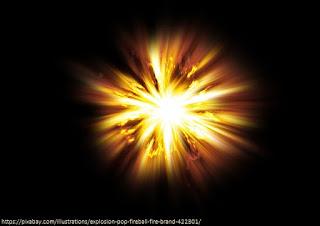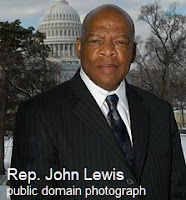מאז שנכנסתי לתפקיד הכהן הגדול ומפקח על בניית בית המקדש, אני חש אהדה רבה ליהושע המקראי. ישוב הארץ הזאת והנהגת העם הזה הם משימות לא פשוטות.
היסודות לבית המקדש הונחו ועכשיו אנו עומדים
בפני דילמה. האם עלינו לחדש את עבודת הקרבנות, גם אם באופן חלקי, בהקדם האפשרי או
שמא לחכות עד שהכל יהיה בנוי לתלפיות ומסודר עד הפרט האחרון? רוב חבריי הכהנים
מעדיפים להמתין עד שנוכל לשרת בדיוק לפי הכללים. אני מבין את החרדה שלהם. שגיאה
בעבודת הקודש עלולה להיות קטלנית. אבל יש שיקולים נוספים. הבנייה עצמה אינה המטרה,
אלא עבודת ה'. מה רצון האל? ללא אורים ותומים, אין לנו דרך לדעת. ויש גם את העם. האנשים
חסרי מנוחה ורוצים לראות התקדמות. אחרת אני חושש שירצו לרדת מן הארץ ההררית הזאת
ולחזור "הביתה" לפרס.
לאחר הירהורים רבים, הכרזתי היום כי אני, ככהן
הגדול, לוקח אחריות. הקרבנות יתחדשו. אני מקבל על עצמי את כל האחריות והאשמה.
כעבור כמה שבועות:
עולים בי ספקות רבים לגבי החלטתי. אני מוצף
בחרדה, בקושי מצליח להרדם ויורד במשקל. משפחתי מודאגת.
למחרת:
אמש, כאשר עברתי בראשי על הנהלים ליום הכיפורים, הירהרתי בהגיית השם המפורש, ודמיינתי את עצמי נכנס אל קודש הקודשים, הופיע מלאך ה'. הוא הושיט את ידו והוביל אותי עמוק פנימה. היה חושך כמו שלא חוויתי בחיי. נחרדתי. התפללתי שאשתי וילדיי יבינו שהקרבתי את עצמי למען ה' ולמען העם.
פתאום הייתי במרחב שופע אור. לא יכולתי לראות
אבל ידעתי שאני נמצא בנוכחותו של אהיה-אשר-אהיה. רציתי להשתחוות אבל גופי
היה משותק. נבהלתי לראות שבגדי היו מוכתמים בחטא, שלי ושל עמי. השטן החל לדבר, אך
הקב"ה גער בו. "הֲלוֹא זֶה אוּד, מֻצָּל מֵאֵשׁ" והמשיך כי אני יהושע פעלתי לטובת העם ולכן הוא הסיר את
אשמתי. בגדי הוחלפו, צניף טהור הונח על ראשי וכתב האמנה שלי חודש.
ואז, קרא התרנגול, ואני הייתי בחדרי בירושלים,
כמעט מאחר לעבודה. הייתי לבוש כבר (איך זה קרה?). נעלתי את סנדליי ומיהרתי לבית
המקדש. בכניסה, זכריה עצר אותי. בלי לומר מילה, עיניו הנבואיות תפסו את עיניי. הוא
הביט בנפשי והינהן. הנהנתי לו בחזרה והמשכתי בדרכי.








